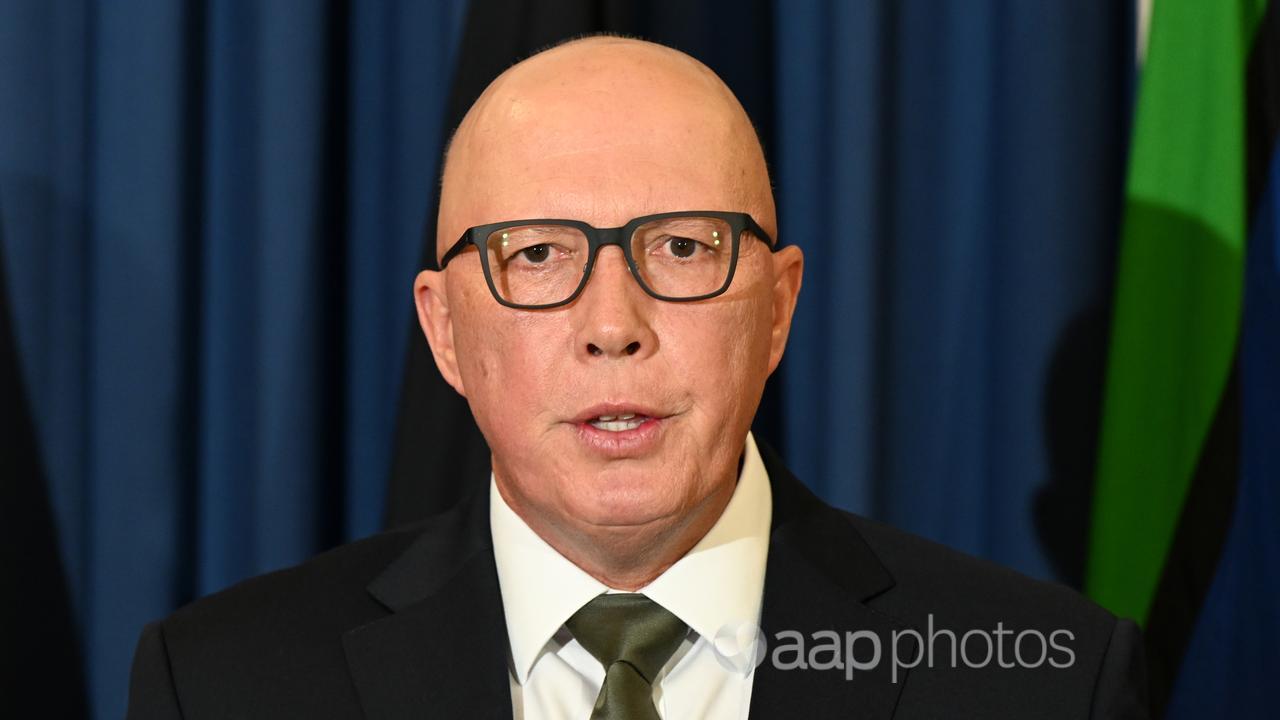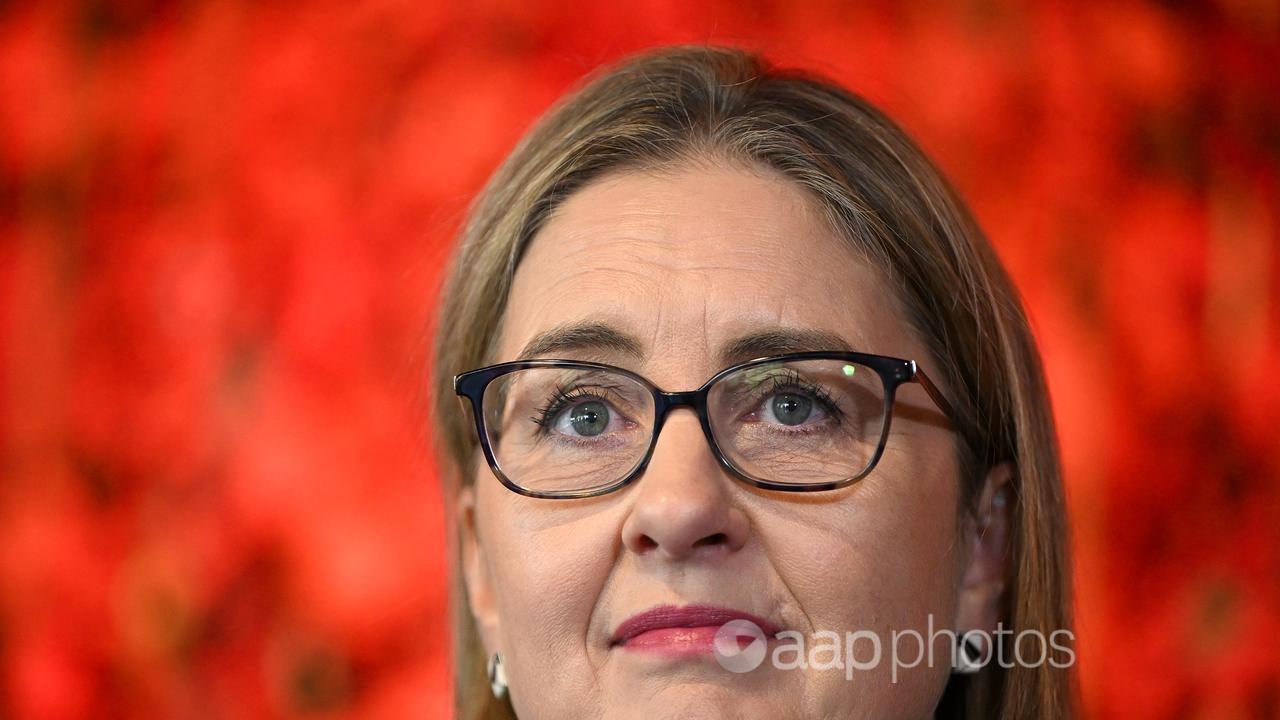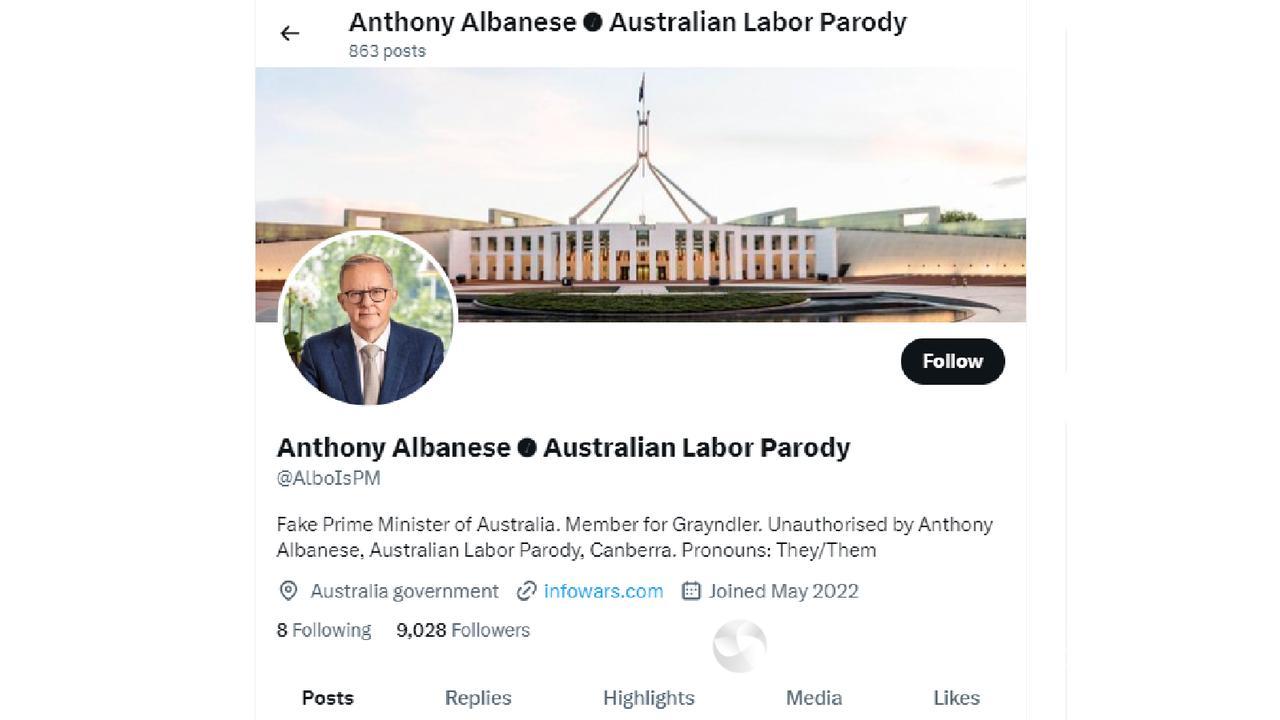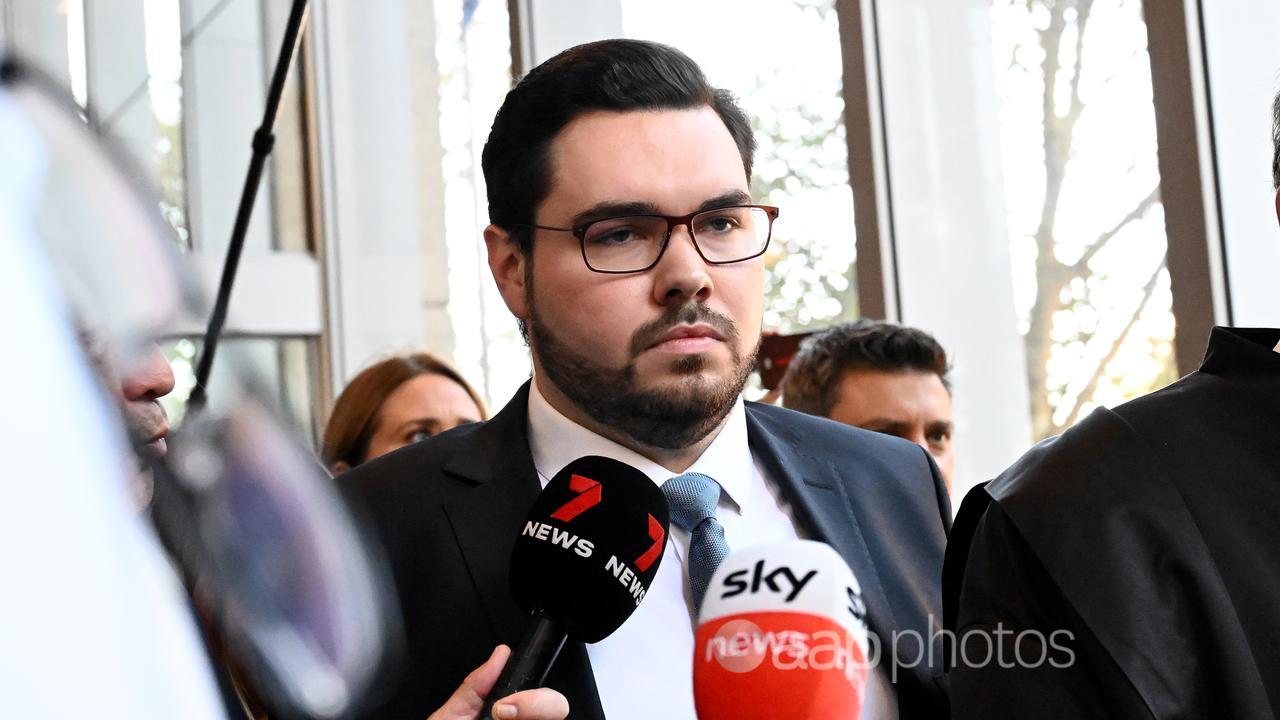Opposition Leader Peter Dutton has drawn comparisons between South Australia’s First Nations voice to parliament and the proposed national voice, claiming the state chose not to include it in its constitution due to fears of legal challenges.
During a press conference in Adelaide on April 18, 2023, Mr Dutton said: “In South Australia, the Labor government’s taken a decision to put the voice into legislation, not change the constitution here in South Australia. I think that’s a very important point”.
He suggested South Australia hadn’t enshrined the voice in its constitution because it was worried about the legal consequences, one of the issues the Liberals cited in deciding to back the ‘no’ vote in the upcoming referendum.
“And if you put a broad form of words into the constitution, it ends up being litigated for years and years and years in the High Court. That is not going to deliver outcomes for anyone. And I suspect it’s part of the thinking for the premier here in South Australia and elsewhere as to why they haven’t enshrined their voice in the constitution,” he said.
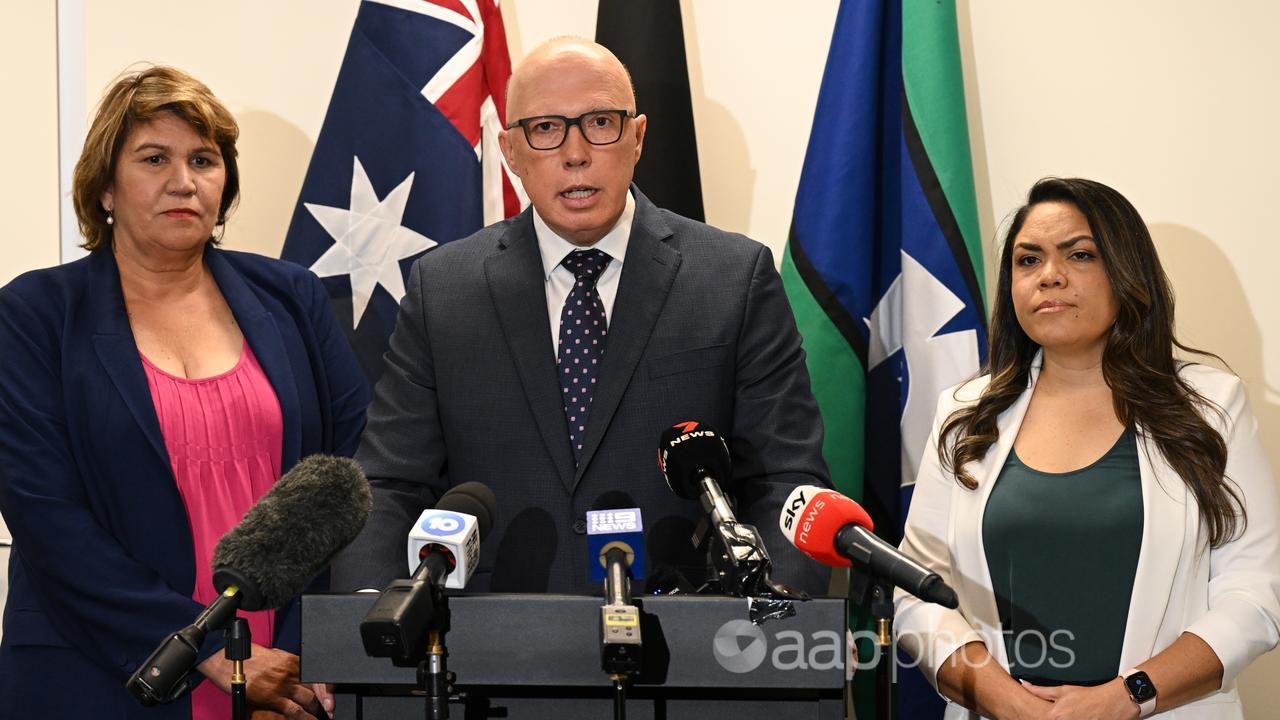
But the claim is false. Legal experts told AAP FactCheck that legislation to establish the state voice to parliament does amend South Australia’s constitution, as state constitutions don’t require a mandatory public vote to be changed.
South Australia’s First Nations Voice Bill 2023 was passed on March 26 and will soon come into effect as an Act, making SA the first state to have an Indigenous voice to parliament.
The legislation allows for a voice to parliament to be established, made up of 12 members elected from six regions. The SA voice will be able to advise parliament on proposed legislation relevant to Indigenous people.
The bill also makes an amendment to SA’s Constitution Act 1934.
The amendment states: “(1) The Parliament of South Australia recognises the importance of listening to the voices of First Nations people if there is to be a fair and truthful relationship between the First Nations and non-First Nations people of South Australia.
“(2) The Parliament acknowledges that the voice of First Nations people has not always been heard in Parliament, and intends that, through the First Nations Voice Act 2023, that voice will be heard, and will make a unique and irreplaceable contribution to South Australia that benefits all South Australians” (page 34 of the bill).
Professor John Williams, the executive dean of arts, business, law and economics at the University of Adelaide, confirmed this constitutional change.
“The SA Voice did make a minor change to the South Australian Constitution,” Prof Williams told AAP FactCheck in an email.
“It is in the nature of state constitutions that their amendment does not always require a referendum process and it can be done by parliament itself without the need to go to the people.”
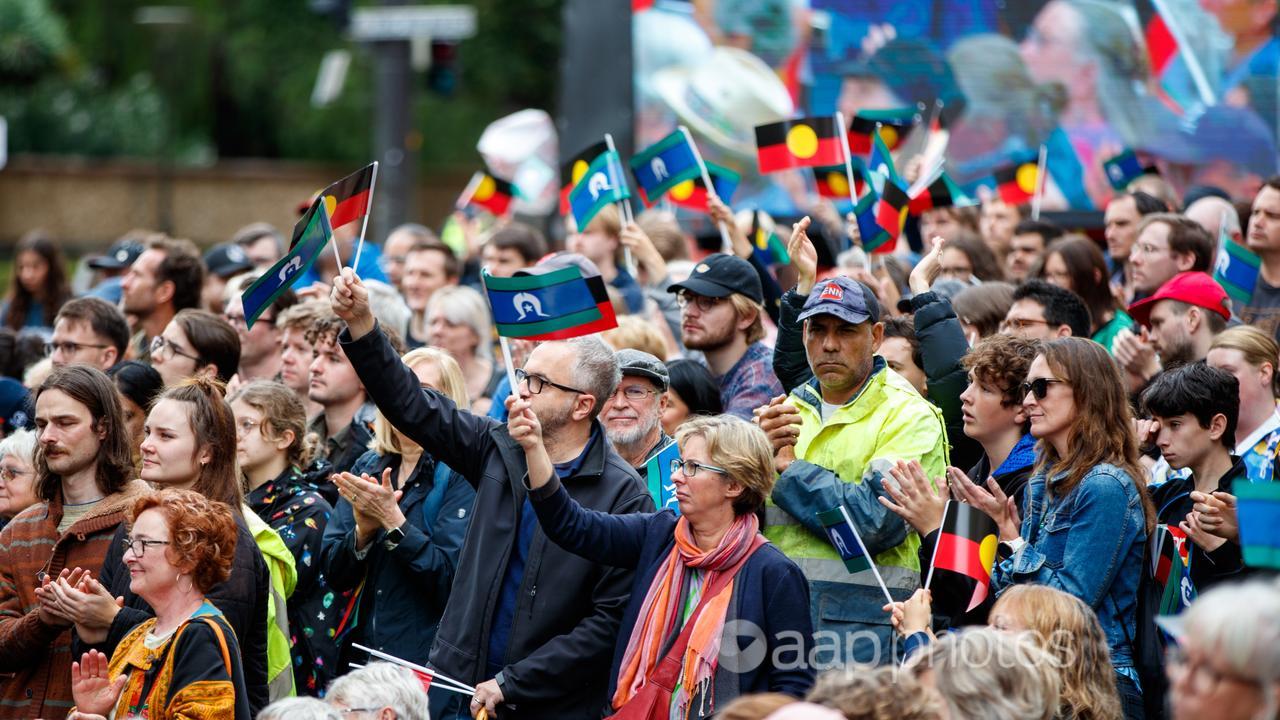
Joe McIntyre, an associate professor of law at the University of South Australia, said this was because state constitutions were actually pieces of legislation.
“South Australia (doesn’t) have a constitution in the same sense that the Commonwealth does,” Dr McIntyre told AAP FactCheck in an email.
“The federal constitution is a standalone document and it achieves special protection. It can only be amended through the process that is set out in the constitution itself.
“So this is the referenda requirement of a double majority – a majority of voters in a majority of states. That means anything that’s put into the constitution is protected against the whims of the particular parliament in power.
“In contrast, South Australia – and this is common to all the states – does not have a standalone constitution. South Australia has a Constitution Act, so a piece of legislation … and in common with any other piece of legislation, it can be amended through the normal legislative processes.”
Dr McIntyre said there were some provisions within the state’s constitution that require a referendum, for example if the government wanted to abolish the legislative council (page 5).
“But it is not clear whether these provisions can themselves be entrenched (ie, a subsequent parliament can simply amend the Act to remove the referendum requirement),” he said.
Dr McIntyre said that because of this it was not possible to “constitutionally enshrine” a voice to parliament in the same way that was proposed on a national level.
Professor Luke Beck, an expert in constitutional law at Monash University, told AAP FactCheck: “South Australia doesn’t provide the example Dutton thinks it does.”
He added: “South Australia adopted the approach of recognising Aboriginal peoples and a voice in its State Constitution Act and then putting all the details into legislation.
“The federal plan is to recognise Aboriginal and Torres Strait Islander Australians and a voice in the federal constitution and then put all the details about how the voice will operate into legislation.
“So the South Australian approach of recognition in the Constitution Act with the operational details in legislation is the state-based version of what is planned federally.
“The difference is that the two things happened at the same time. Federally, the plan is constitutional recognition followed by a process to decide what the operational details should be, which will then be legislated.”
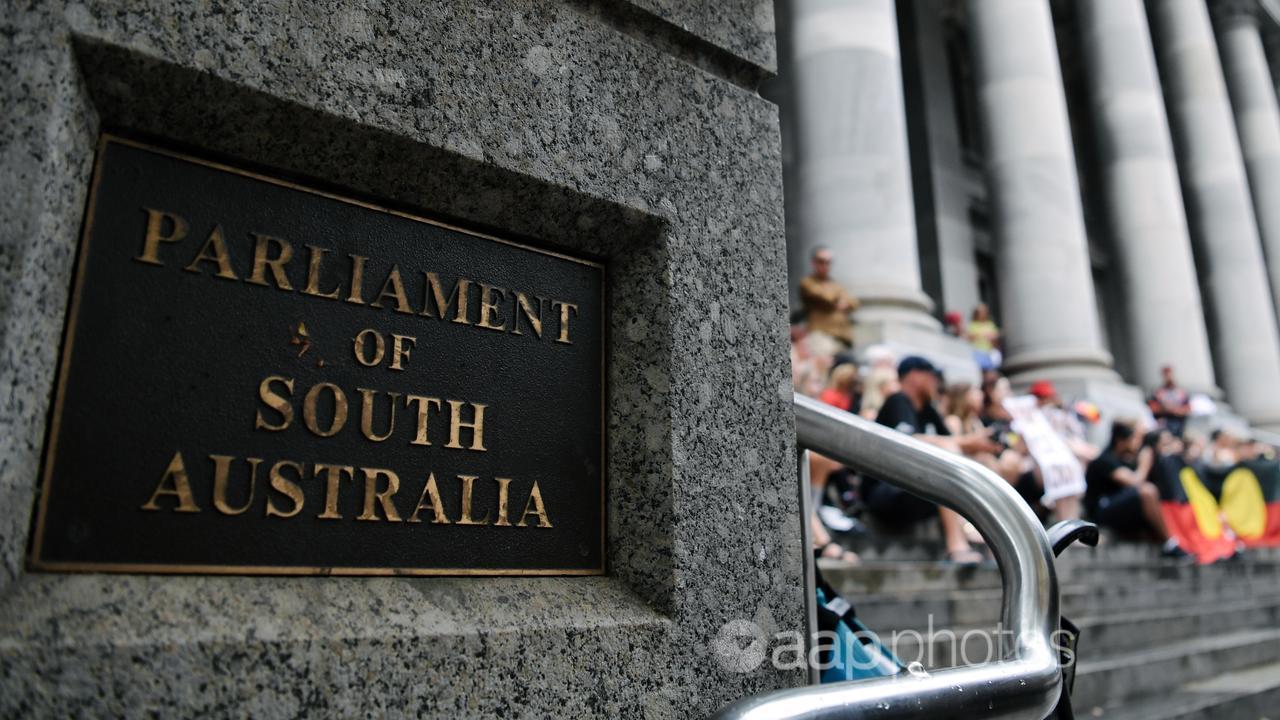
Dr McIntyre said the Constitution Act amendment was achieving the highest level of protection for the voice possible in South Australia.
“If you look at what is the most complete legal protection of the voice in the Commonwealth context, that will involve a constitutional amendment, which is achieved through and only through a referendum,” he said.
“If you look at what is the most complete protection in the state context, that is legislative enactment of the Constitution Act, which is precisely what’s being achieved in this situation.”
AAP FactCheck contacted Mr Dutton’s office for comment but did not receive a response.
AAP FactCheck has also addressed other claims about the voice here, here, here, here, here, here, here, here, here, here and here.
The Verdict
The claim South Australian’s voice to parliament did not include a change to the constitution is false.
The First Nations Voice Bill 2023 included an amendment to the South Australian Constitution Act 1934, which recognises the importance of listening to Indigenous voices.
Law experts told AAP FactCheck that unlike the Commonwealth constitution, state constitutions are pieces of legislation and can be amended without a public vote.
False – The claim is inaccurate.
AAP FactCheck is an accredited member of the International Fact-Checking Network. To keep up with our latest fact checks, follow us on Facebook, Twitter and Instagram.
All information, text and images included on the AAP Websites is for personal use only and may not be re-written, copied, re-sold or re-distributed, framed, linked, shared onto social media or otherwise used whether for compensation of any kind or not, unless you have the prior written permission of AAP. For more information, please refer to our standard terms and conditions.

